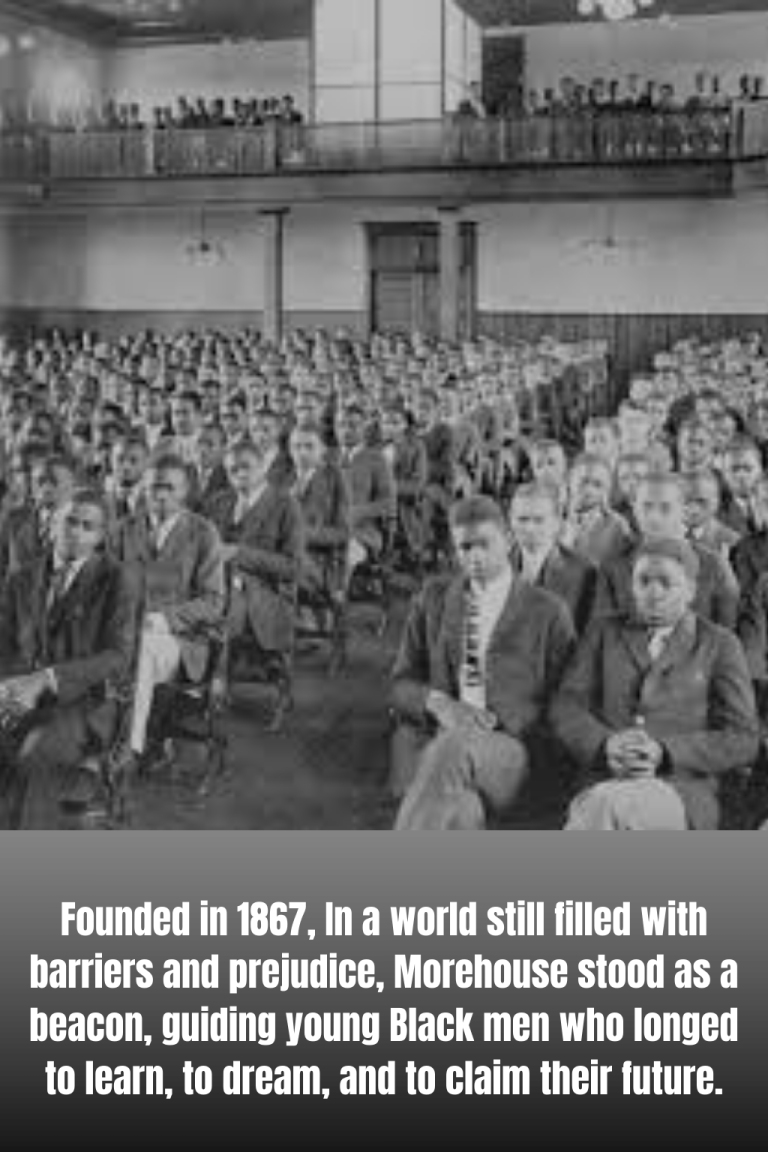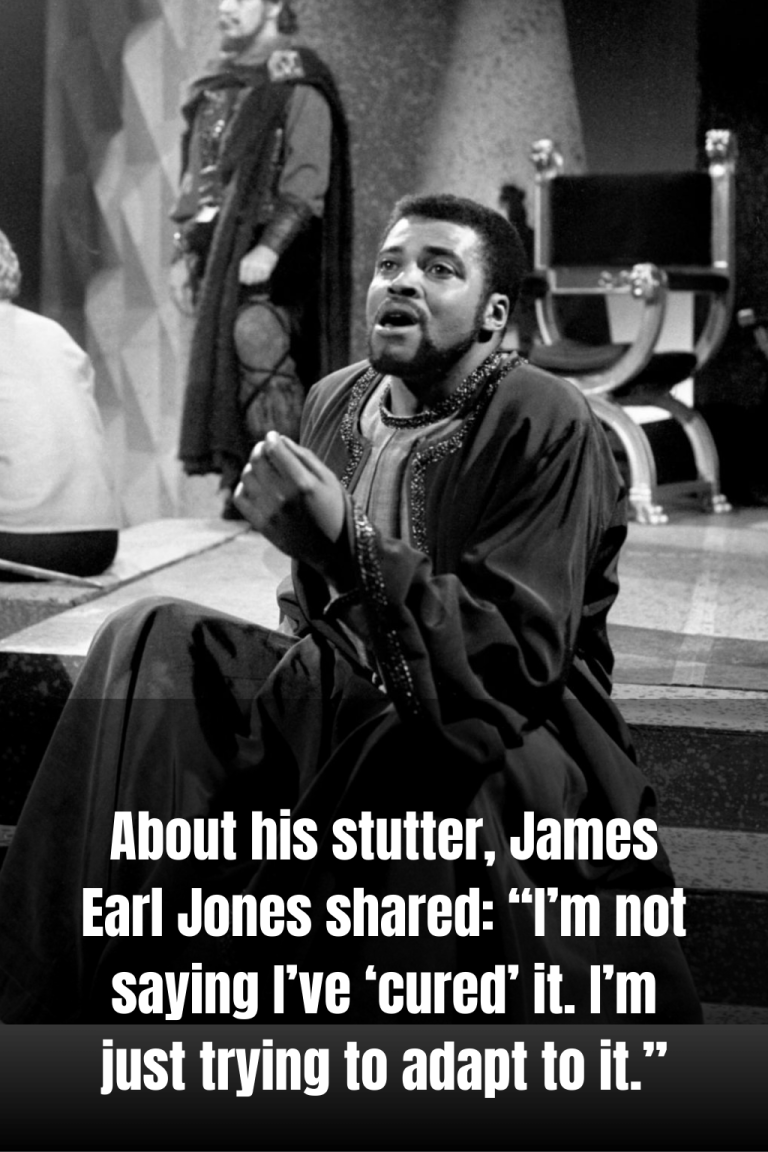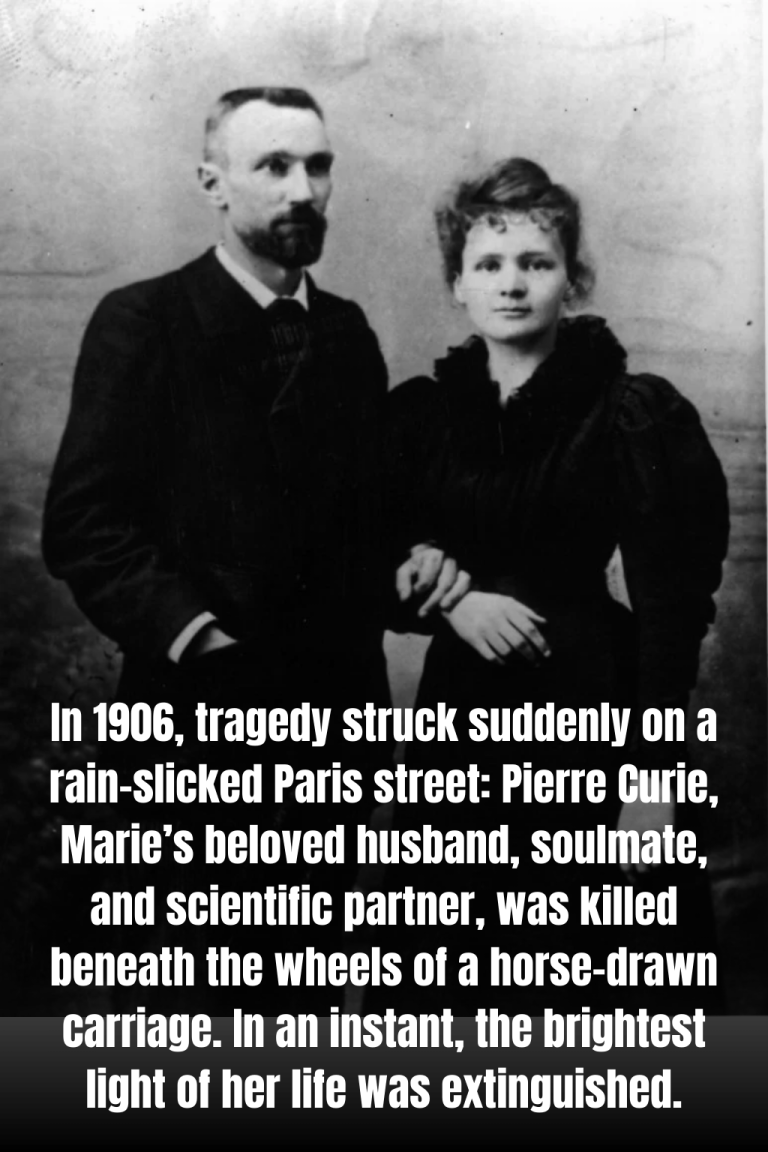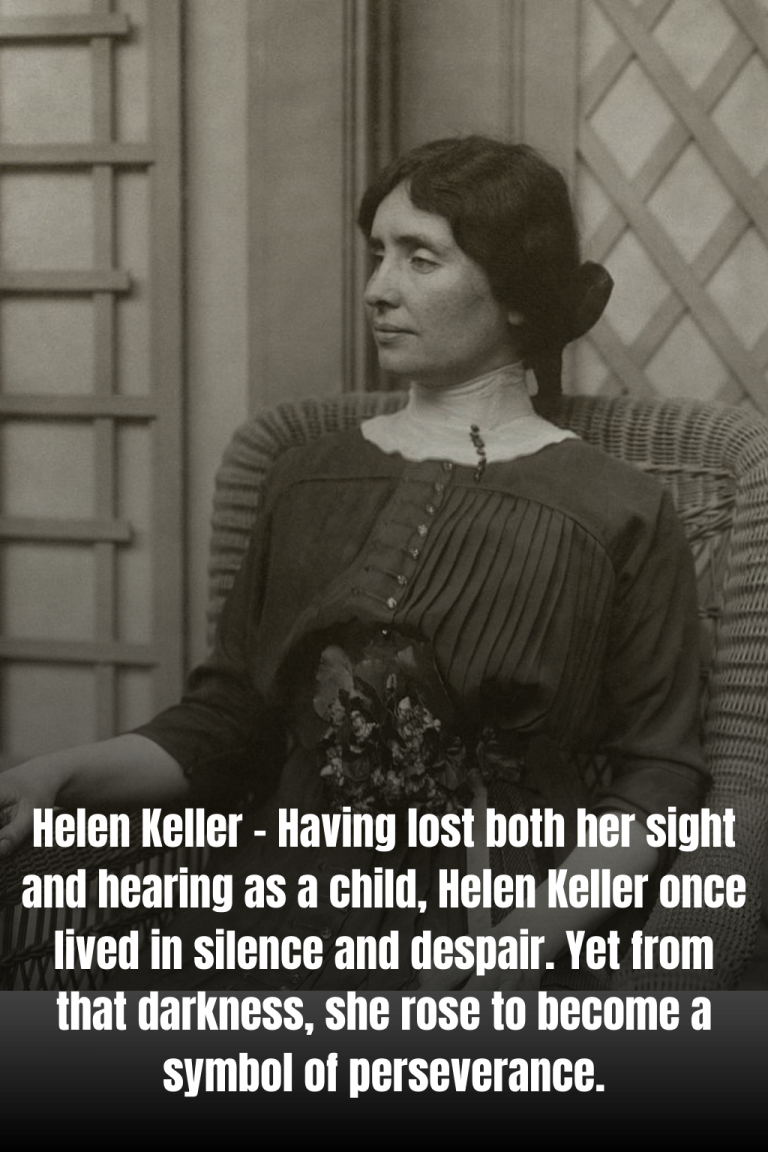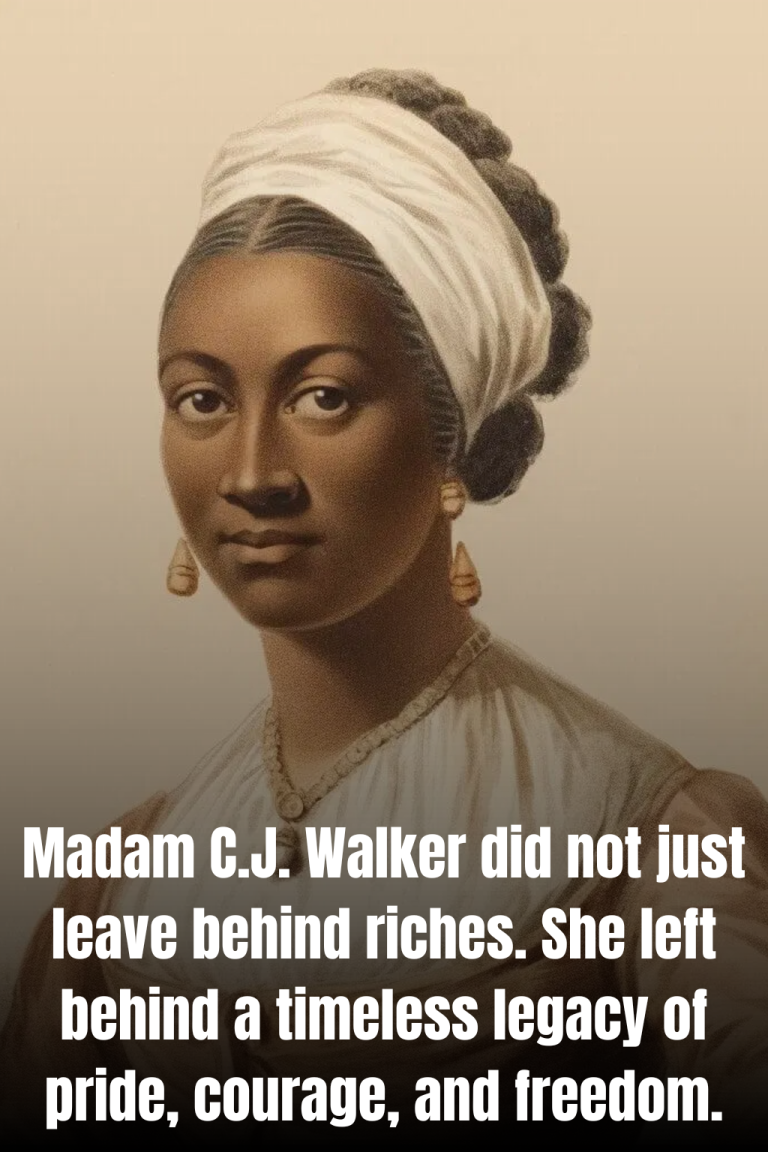Florence Nightingale: The Lady with the Lamp—and the Shadows of War
In 1854, the Crimean War erupted, casting a dark shadow over Europe. The battlefield was not only littered with bodies but with silent killers: disease, infection, and unspeakable filth in the military hospitals. Soldiers were not dying from bullets—but from neglect.
Into this chaos stepped Florence Nightingale. Born into a wealthy family, she could have lived in comfort and luxury. Instead, she chose the path of sacrifice. Volunteering to lead a team of nurses to the front lines, Florence was determined to bring light into the darkest of places.
When she arrived at Scutari, she was horrified. Hallways overflowed with blood. Wounded men lay dying on the cold ground. The stench of sewage and death hung thick in the air. Yet, every night, with a lamp in her hand, Florence walked the wards. She tended to wounds, cleaned the filth, and whispered hope to soldiers who thought they had been forgotten. Soon, she was known as “The Lady with the Lamp.”
But behind the glow of that lamp lay a torment few ever saw. Florence watched countless soldiers take their last breath in her arms. She cleaned wounds that festered with infection, heard cries of agony that would echo in her memory forever. She saved thousands, yet every life lost carved another scar into her soul.

When the war ended, Florence returned home a national hero. She revolutionized medicine, reformed sanitation, and became the mother of modern nursing. Yet, even as the world praised her, she was haunted. Night after night, she relived the screams, the smell of blood, the faces of those she could not save. Depression, paranoia, and illness consumed much of her later years.
In her private writings, she confessed:
“War has never left me. It is here still—in the gasps of dying men, in the eyes that pleaded, in the deaths I could not prevent.”
Florence Nightingale turned her trauma into a gift for humanity. Though she carried the shadows of war to her final breath, her light continues to guide the world.
